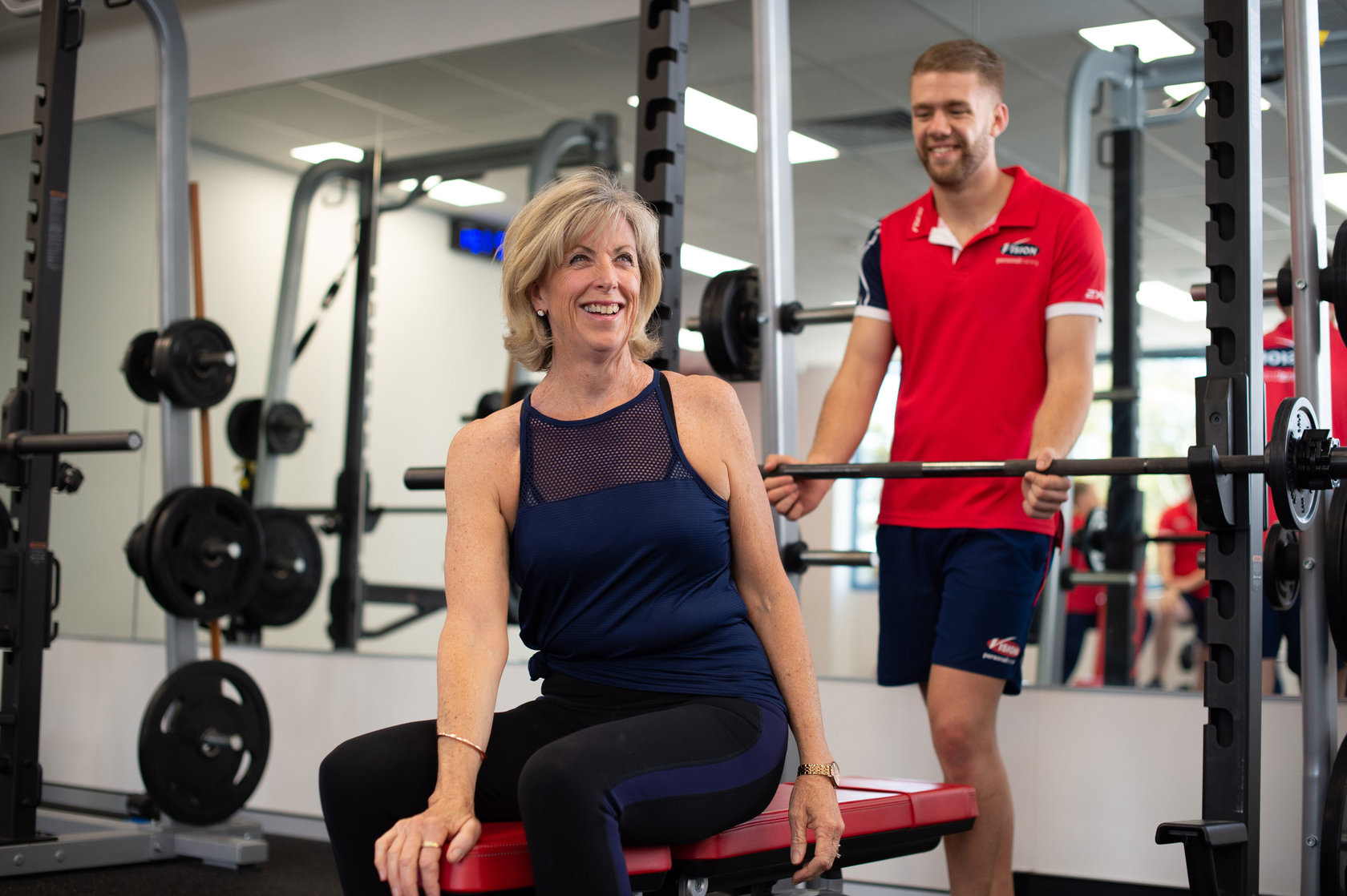There are so many different theories on nutrition in this day and age, so many different diets and opinions and it becomes hard to recognise what is fact, and what is not. So we've put all these theories aside that we know are myth, and have focused on one common aspect of our diets, SUGAR!
Health risks of sugar:
- Added sugar contains no essential nutrients and is bad for your teeth
- Added sugar is high in fructose, which can overload your liver
- Overloading the liver with fructose can cause non-alcoholic fatty liver disease
- Sugar can cause insulin resistance, a step towards metabolic syndrome and diabetes
- Insulin resistance can progress to type II diabetes
- Sugar can give you cancer
- Pancreatic cancer uses sugar as fuel
- Sugar increases your risk of heart disease
- Sugar ages the body and causes wrinkles
- Due to its effects on hormones and the brain, sugar has unique fat promoting effects
- Because it causes massive dopamine release in the brain, sugar is highly addictive
- Sugar is a leading contributor to obesity in both children and adults
- Forget the fat… its SUGAR that raises your cholesterol and gives you heart disease
- Sugar makes you fat
However, the most shocking truth about sugar is actually how much you're eating. The recommended sugar intake for adults, according to the World Health Organisation, is 25 grams, or 6 teaspoons a day. When put into perspective, 6 teaspoons as an average is a lot of sugar. But when you break it down and really look at the foods your consuming, Australia, as a whole, averaged eating 27 teaspoons of sugar a day!
Sugar seems like an obvious link to obesity and a simple ingredient to avoid, and some of you must be sitting there thinking you watch what you eat, you don't eat the standard sugary foods, and this 27-teaspoon average couldn't possibly be you. Unfortunately, you've been mislead by the food industry, and sugar, believe it or not, is in most foods that are categorised 'Healthy'.
When reading food labels, I tend to ignore the nutrition table that lists the amount of carbs, fats and proteins that are in the food, and instead, look at the ingredients list. Most of the time, packaged foods first or second ingredient on the list is some sort of added sugar. I have this big theory where I don't eat anything that has ingredients in the list I don't understand, because I've come to realise those long worded ingredients we don't know are the company's way of disguising sugar as their main ingredient. Majority of 'health' foods such as muesli bars and yoghurts are full of long worded sugar ingredients.
Sugar is also extremely addictive. How many people tell themselves they'll just have one bite of cake, or one row from the block of chocolate, and then before you know it you've eaten it all? And what about 'health foods', how many of you have intended to eat one bowl of muesli for breakfast, and eat about 3 bowls? I know I have! That's because sugar is addictive. It provides you with instant energy before you have a sugar crash left feeling worse then you did before, and leaving you wanting more. Sounds a lot like a drug doesn't it?
Finally, it's a waste of macros and calories. Sugar is considered a carbohydrate. Personally, I'd much rather get my daily carb intake from nutrient rich carb sources such as brown rice, bananas, quinoa, berries etc. rather than sugar which has no minerals and vitamins. Seems like such a waste.
My advice? I believe you should eat as many whole, unprocessed foods as you can. Focus on getting your sugar intake from the good sugars you find in whole fruits and eat more vegetables, whole grains and natural proteins to keep you fuller for longer. The more you fuel your body with good whole foods, the less you'll feel the need to indulge on sugar-refined 'junk' foods.
Kassandra Mowll
Personal Trainer
Vision Personal Training Engadine
*Disclaimer: Individual results vary based on agreed goals. Click here for details.

